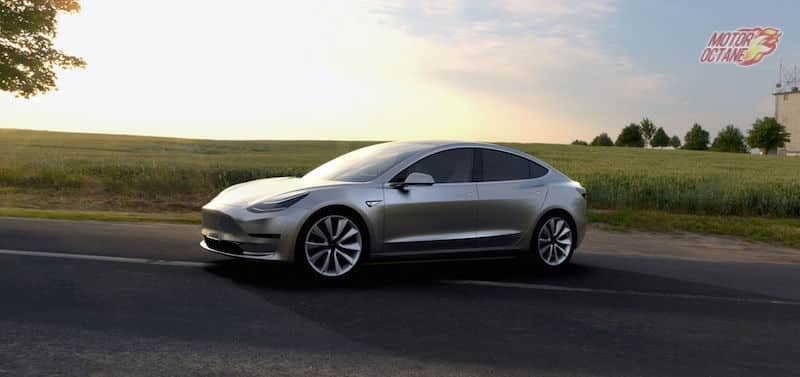Tesla to open its new factory in China, not India

China wins the bid for Tesla’s first ever overseas factory outside the U.S. Elon Musk was in talks with the Indian government to set-up a plant here. However, it seems that the plan has switched towards China, and this is a big blow. What’s more, Tesla has decided to set-up a plant in China, and this will be fully-owned by Tesla. The regular Chinese norms are to have a local partner and share the profits. But here the case is absolutely different.
This seems to be possible due to the involvement of India. As we are a potential rival to China, it seems Chinese government under pressure gave in this land to Tesla.
No joint ventures, no profit sharing, nothing of this sort.
The Silicon Valley-based electric car market has reached an agreement with the Shanghai government. This new factory will be based in the city’s free-trade zone. The Tesla spokesperson hasn’t yet commented anything on it. But the company’s previous statement clearly stated that Tesla has been looking to set-up a plant in China by this year end.
A Tesla factory in China means Elon Musk could have overlooked India as its next base for manufacturing. This will mean that China shall be exporting to other countries in South and South East Asia. This will be the exporting hub for the Asian market. Indian heavy industry minister Nitin Gadkari had offered him land near the port, but it seems all in vein. At the moment, is still working on its foreign policies, while China is ready.

Also Read: Tesla Model 3
Right now, India is just entering the electric vehicle market, while China is already the best electric car market in the world. Electric car sales in China have seen a growth of 179.4 % from 2013 to 2016 to about 329,000 units. This is about 1.4% of the total sales of fuel-burning cars, as per Bank of America Merrill Lynch.
On the other hand, India sold only 450 electric vehicles in 2016. This is less than 1% of the entire market. Hence, it seems India isn’t ready for the electric vehicles yet. Recently in a statement, Nitin Gadkari made an announcement for going completely electric by 2030, which does seem an impossible goal for the time being. The electric vehicles attract the lowest possible tax of 12% under the new GST law. However, there is an additional 15% tax on hybrid vehicles.
Electric vehicles are now seeing an upward movement and multiple government tenders are being floating in India.
2 Comments
-
At present India must promote electric cars by providing a Tax free period for at least 5 years. More over the charging points also should be given a subsidy. This is definitely a blow for India…Apart from Mahindra no other car manufacturer is serious in EVs…Just because of the lack of initiative from the Government and its assurances to the fossil fuel market…

We were hoping the same for electric and hybrid vehicles. But the ideas are other-way around.